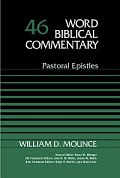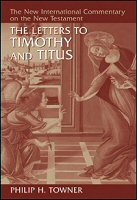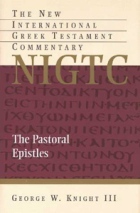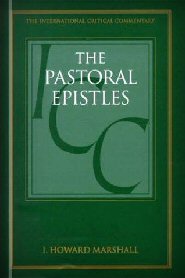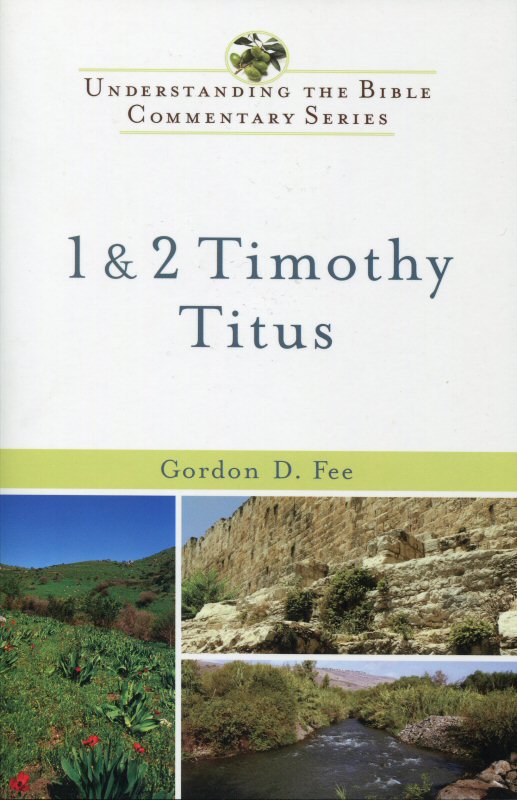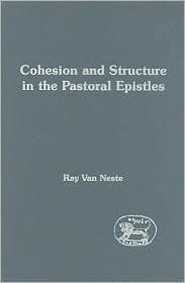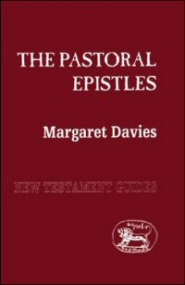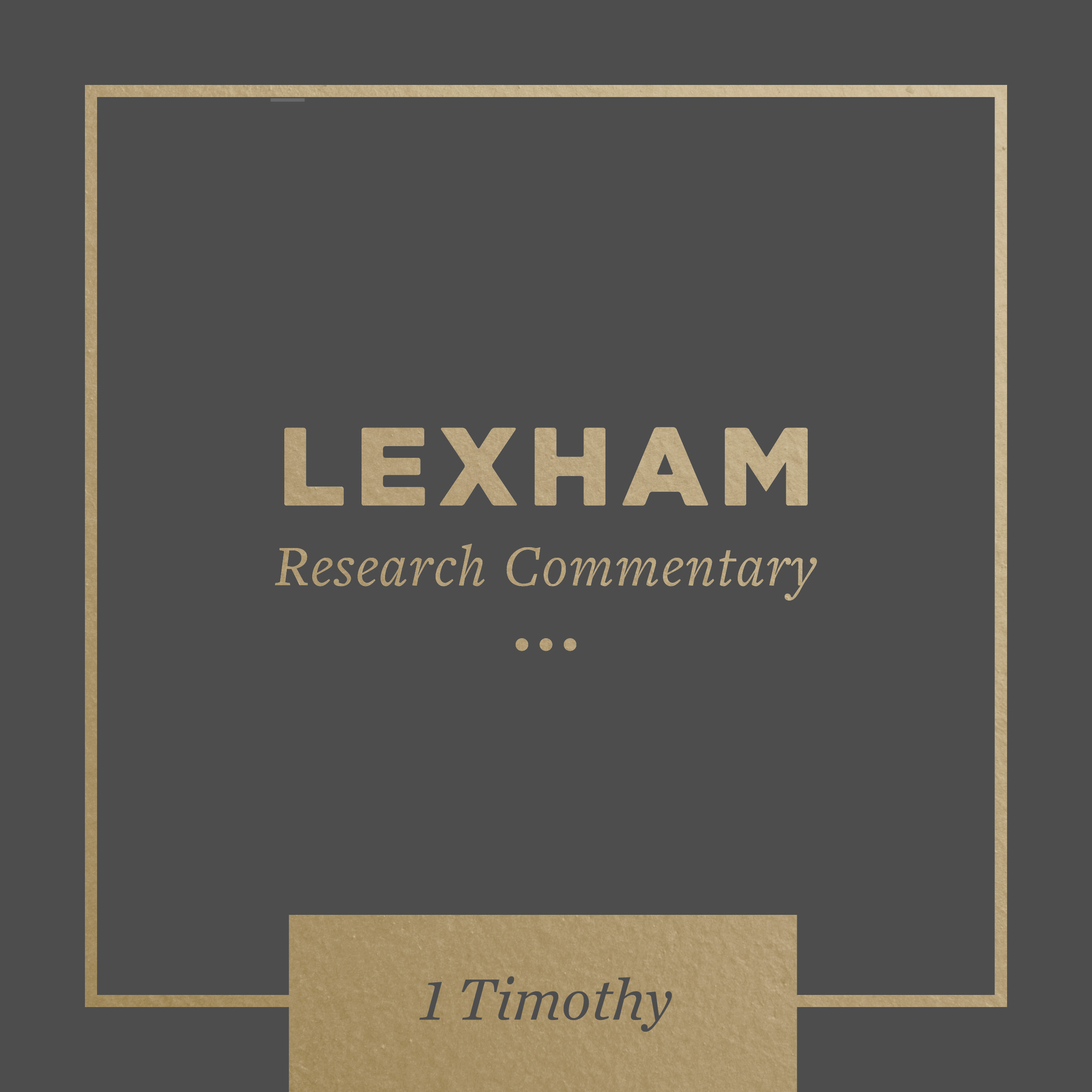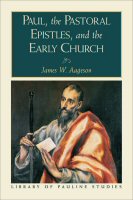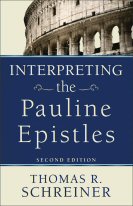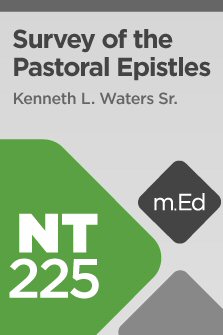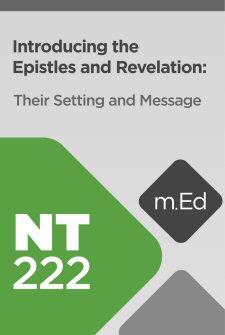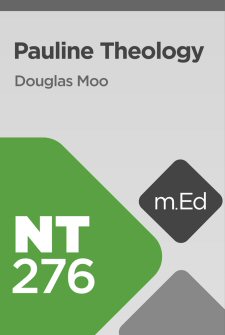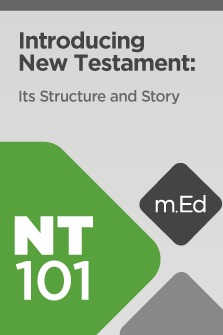1-2 Timothy and Titus
The 1–2 Timothy & Titus Expository Preaching Kit (L) helps you plan an expositional sermon series by curating a trifecta of the best Bible study materials on 1–2 Timothy & Titus you need to prep and preach. It includes everything in 1–2 Timothy & Titus Expository Preaching Kit (S) and 1–2 Timothy & Titus Expository Preaching Kit (M), plus resources like 1 and 2 Timothy (Evangelical Press Study Commentary Series | EPSC), Gerald Bray’s The Pastoral Epistles (The International Theological Commentary | ITC), and Paul, Apostle of God’s Glory in Christ: A Pauline Theology, 2nd ed.
Small
Medium
Large
